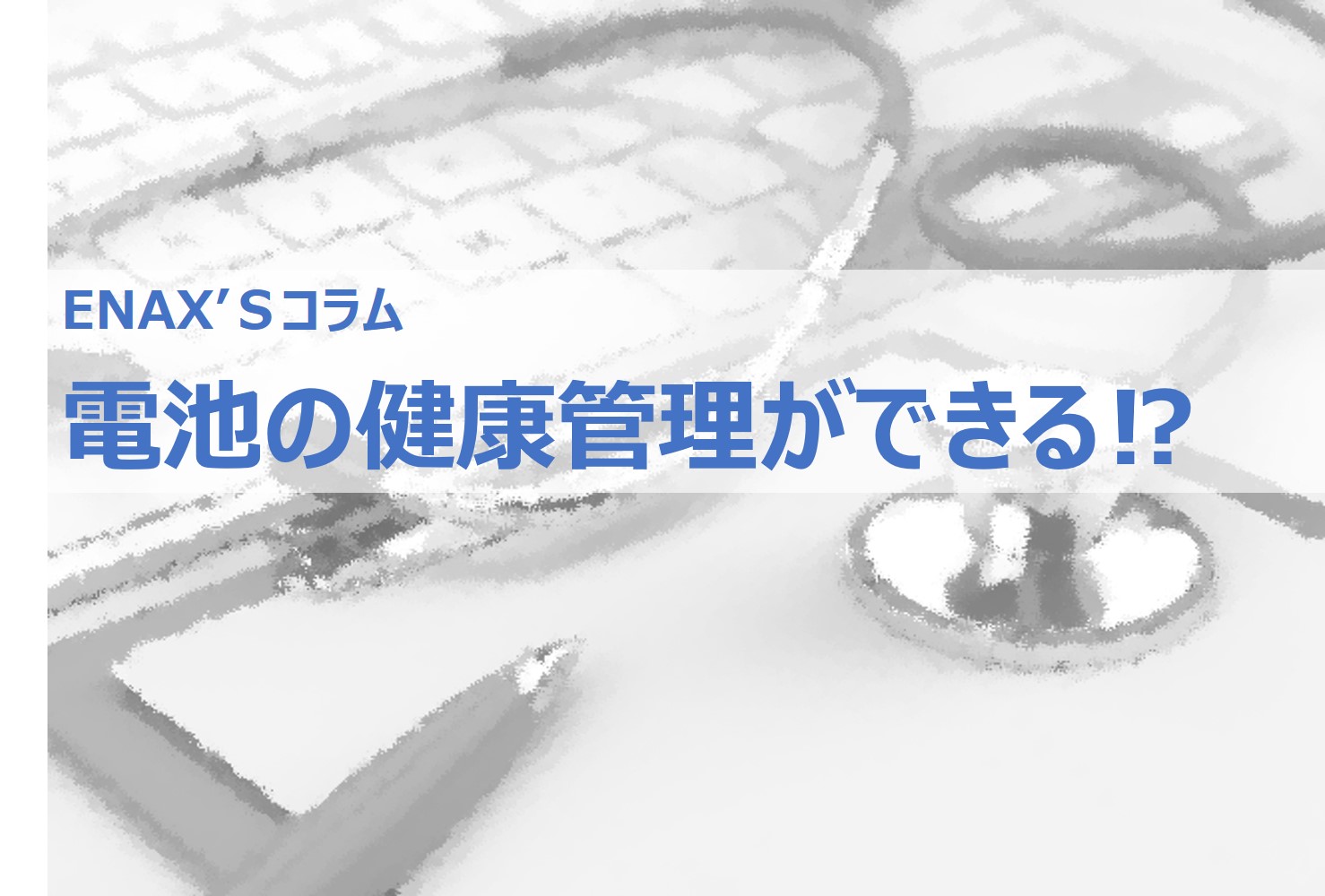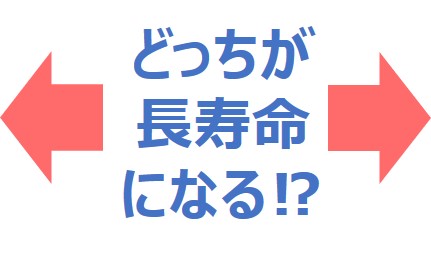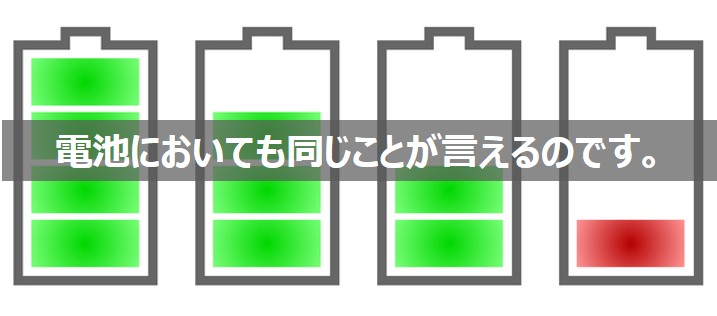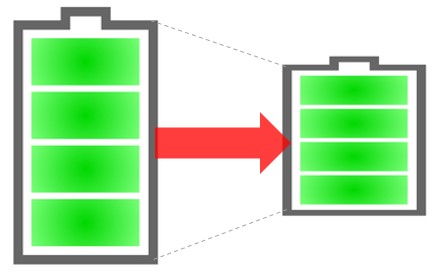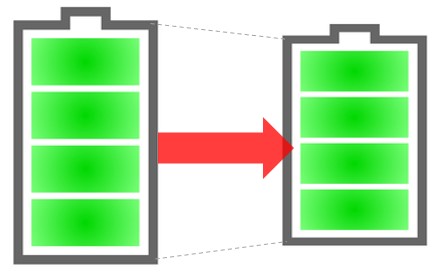![[ENAX'S Column] Battery health management with BMS⁉](../../../images/journal/mv.webp)
![[ENAX'S Column] Battery health management with BMS⁉](../../../images/journal/mv.webp)
Hello
I would like to introduce this little-known topic of battery health care by
using an analogy to your own health.
For example, let us replace the use of
batteries with our diet.
In the following cases, which of the two persons, A and B,
is more likely to have a longer life expectancy?
A. ... Eat three full, 100% full
meals every day.
B. ... Considering his health, he eats three moderate meals with an
eight-pack.
A lifestyle like Mr. B's, in which he repeats three meals a day with eight portions of
food, reduces the burden on his stomach and increases the likelihood that he will live a
long life.
However, if you live like A., eating three 100% full meals every day, your
stomach is overloaded and your health risks increase as you get older.
We are able to diagnose and understand in advance the individuality and characteristics of
batteries and the degree to which their life changes depending on how they are used, and
can propose the optimal batteries and usage methods for the "things" that customers want
to achieve.
And the BMS can control the safe use and sometimes even the life of the
batteries.
BMS is packed with the battery know-how we have evaluated.
If
requirements are defined in advance, the BMS can be used to self-diagnose the batteries
and tell the system and charger how to best use them in their current state of health for
longer life.
ENAX is a BMS battery health management (i.e., battery monitoring by
BMS) composed of an elaborate system.

